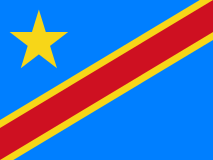
Visa and entry requirements DR Congo:
Passport required
To enter the DR Congo, German citizens need a visa, which is issued by the Congolese embassy in Berlin.
Visa costs: 84 euros
Information from the Foreign Office about your DR Congo trip:
https://www.auswaertiges-amt.de/de/kongodemokratischerepubliksicherheit/203202
The Democratic Republic of the Congo, formerly Zaire, is a country in Central Africa with around 82 million inhabitants. The country borders on the Republic of Congo to the west, Angola to the southwest, Zambia to the south, Tanzania to the southeast, Burundi, Rwanda and Uganda to the east, South Sudan to the northeast, and the Central African Republic to the north a small part to the Atlantic in the west. The DR Congo, a former Belgian colony, is the second largest country in Africa in terms of area and the fourth largest in terms of population. Large parts of the national territory, around 65%, are covered by tropical rainforest, there is a tropical climate and the country is crossed by the equator.
The official language of the DR Congo is French and the national currency is the Congolese franc, with 1 euro equivalent to around 1,935 CDF. Despite its enormous raw material wealth, the country is one of the poorest countries in the world due to years of war, corruption, constant population growth and decades of exploitation.
The highest point in the country is Margherita Peak at 5,109 meters. The high mountains of the DR Congo are rich in mineral resources and the state is one of the countries in the world richest in raw materials. The country's most important foreign currency earners are diamonds, gold, copper, manganese, lead, zinc, tin, uranium and coltan, as well as coffee and wood. The largest and longest river is the Congo with a length of 4,374 kilometers and is the second longest river on the African continent after the Nile. In terms of water flow, the Congo is the largest river in Africa and the second largest in the world.
Due to its high proportion of forest and the many savannah regions, the DR Congo is home to a large number of mammals, such as elephants, lions, leopards, rhinos, zebras, jackals, hyenas, African buffalo and is the only country in the world to have three great ape species such as gorillas, chimpanzees and Bonobos. There are also over 1,300 different species of butterflies in the Congo alone, nowhere else in the world.
The country's largest cities include Kinshasa, Lubumbashi, Mbuji-Mayi, Kananga, Kisangani, Bukavu, Tshikapa, Goma, Likasi and Kolwezi. The DR Congo's population growth is among the highest in the world, with each woman giving birth to an average of 6.5 children and 42% of the population being under 15 years old. There is a very high risk of malaria in the DR Congo all year round; this disease alone caused hundreds of thousands of deaths during the war.
The capital of the Democratic Republic of Congo is Kinshasa and, with around 12.5 million inhabitants, it is the third largest city on the African continent after Cairo and Lagos. The city's major attractions include the Central Market, the Presidential Palace, the Roman Catholic Cathedral of Notre-Dame of Congo, the fishing port, the National Stadium "Stade des Martyrs", the 210 meter high Limete TV Tower, the Academy of Arts, the National Museum, the CBFC-Gombe church and the Paroisse Sainte Anne church.
In August 2018 I visited the capital Kinshasa as the penultimate stop on my trip to South Africa. After the new Ebola outbreak in the forests of Congo, it was too dangerous for me to drive into the interior of the country. I also received a call from the Embassy of the Republic of Congo, from the consul personally, shortly before my visa was issued from Berlin, with an urgent request not to leave the capital Kinshasa. Although I would have liked to see the famous gorilla areas, it wasn't worth the risk and I followed the consul's request.
To be honest, as soon as I got out of the airport I started to feel a bit uneasy because of all the annoying and annoying people.
However, the highlight and probably the worst departure process of my entire travel career came in the evening in Kinshasa. After an exit tax of 55 euros for the city of Kinshasa and the state of DR Congo had to be paid before checking in, we continued at passport control. Without a bribe of 10 US dollars, I couldn't get an exit stamp in my passport and without another bribe of 5 US dollars, I wouldn't have been able to get my hand luggage out of the usual security check. The officer at the control line said to me that he liked drinking Coca-Cola. I replied, me too, without realizing at first that the guy just wanted money from me again.
This whole terrible process shows us the real problems in the country. Instead of being happy about every tourist who spends a lot of money on flights and visas to visit the country, foreigners are treated so incredibly badly.
In the end I was happy to leave the Democratic Republic of Congo on time. This country will certainly never see me again.

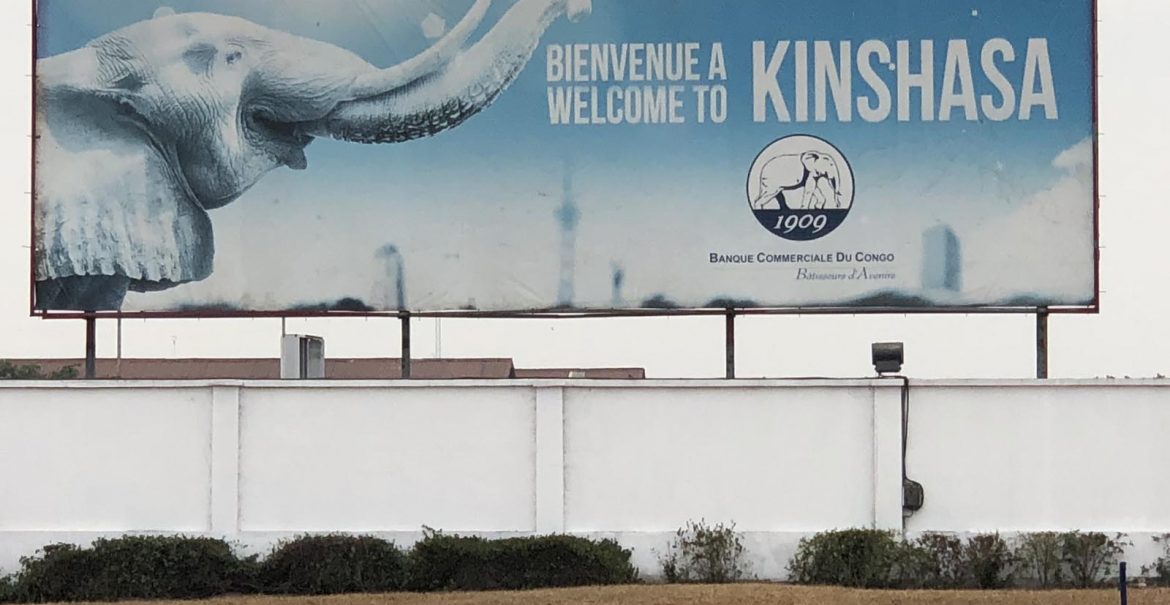
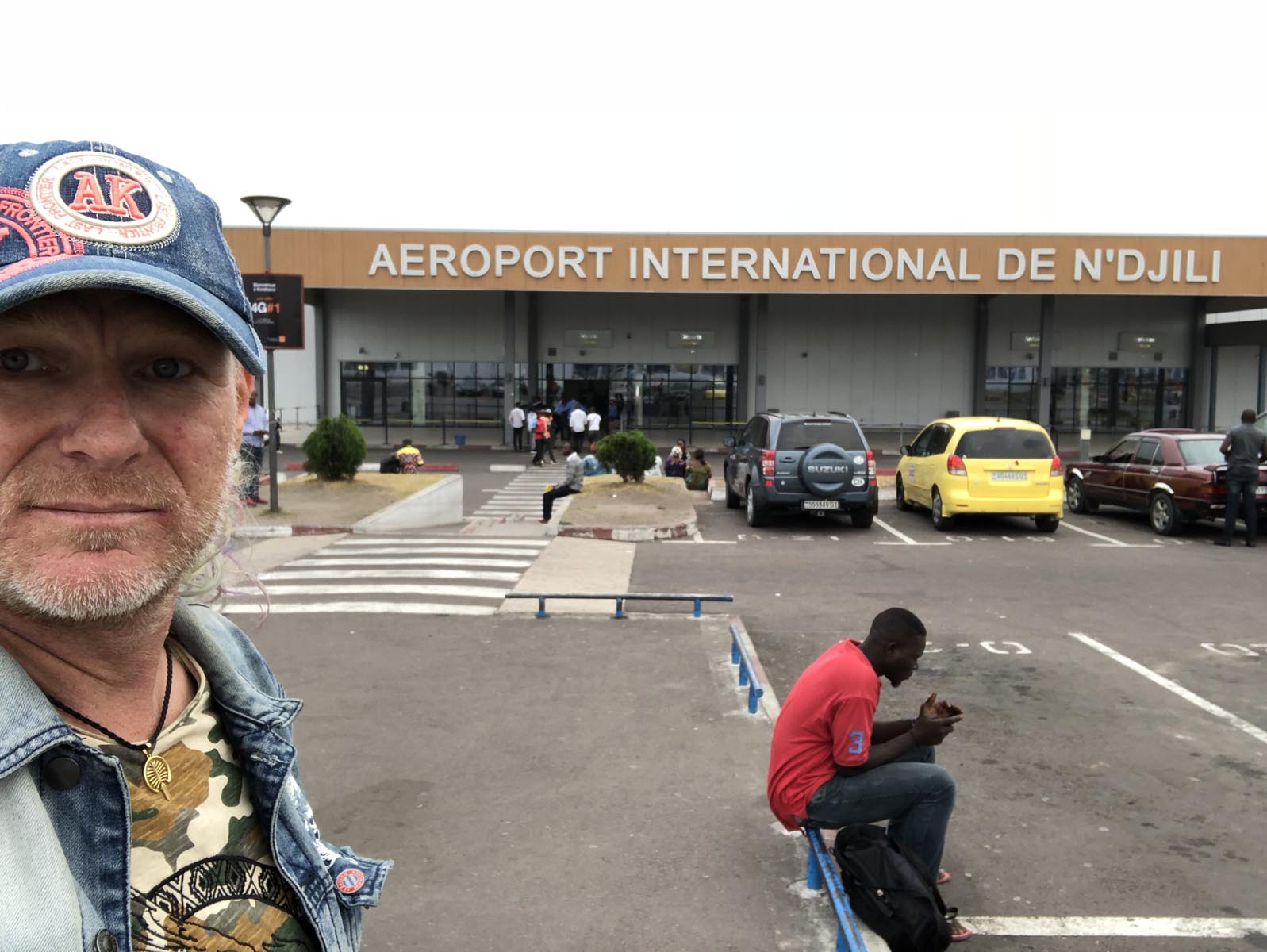

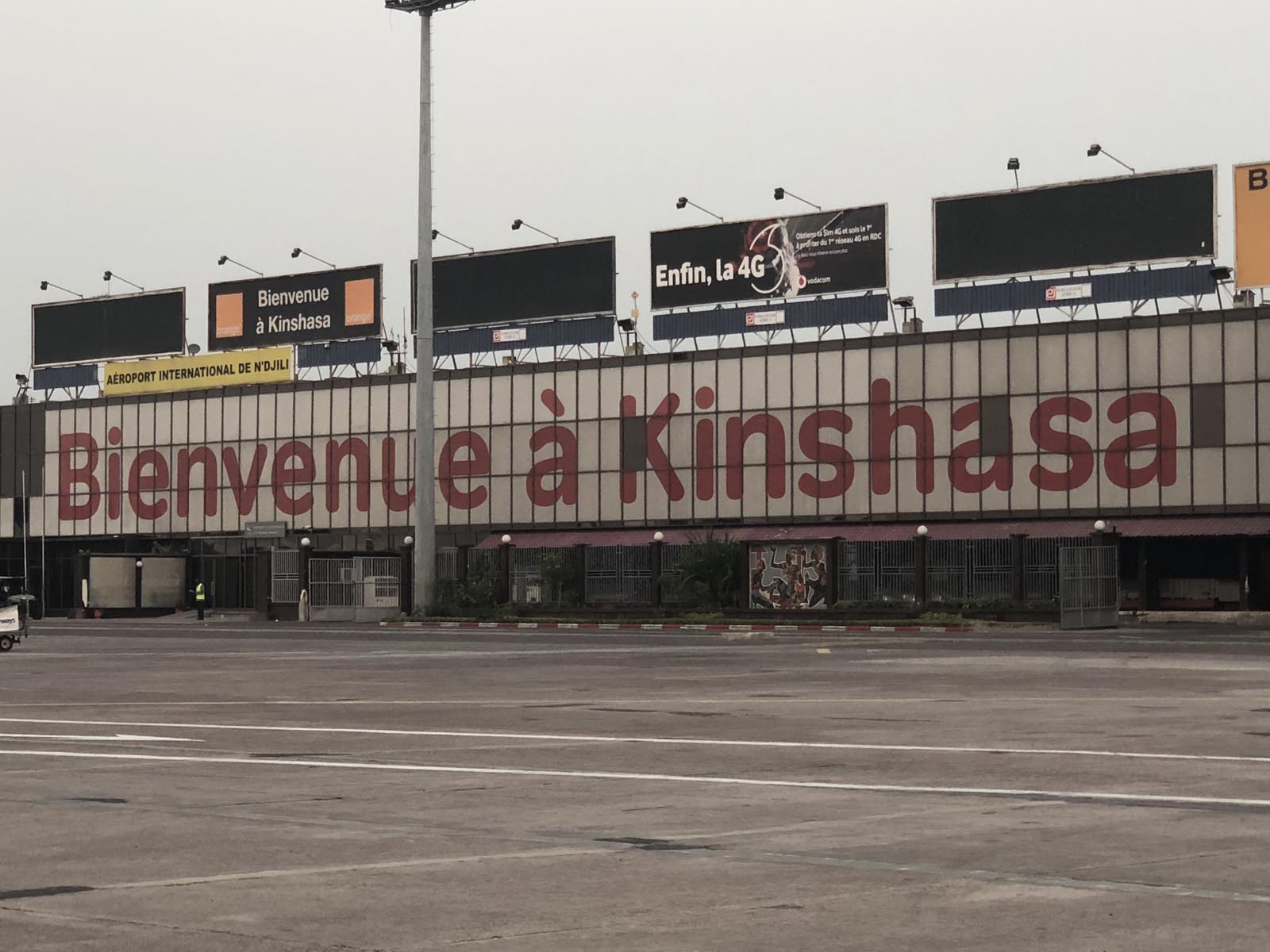
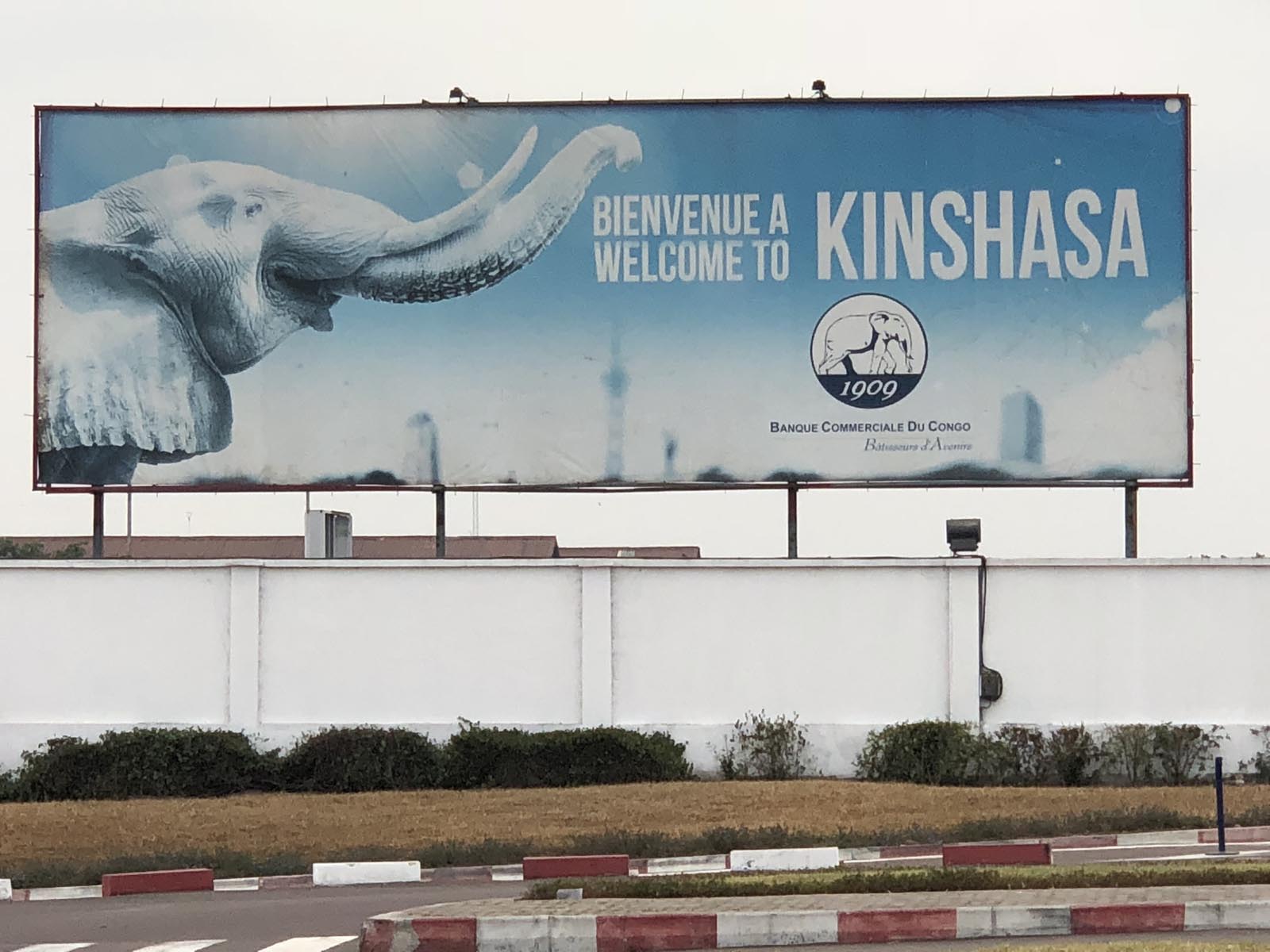
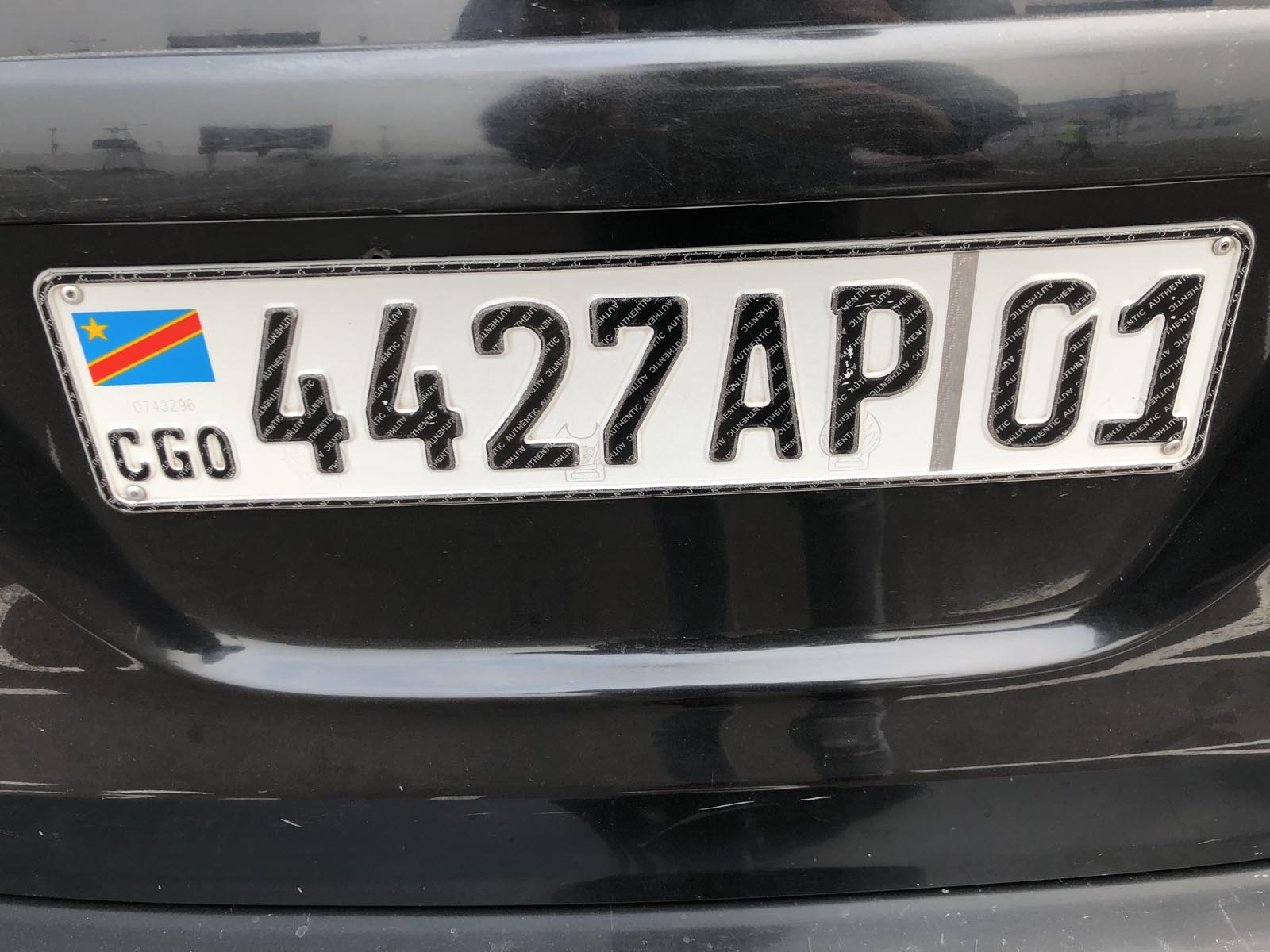
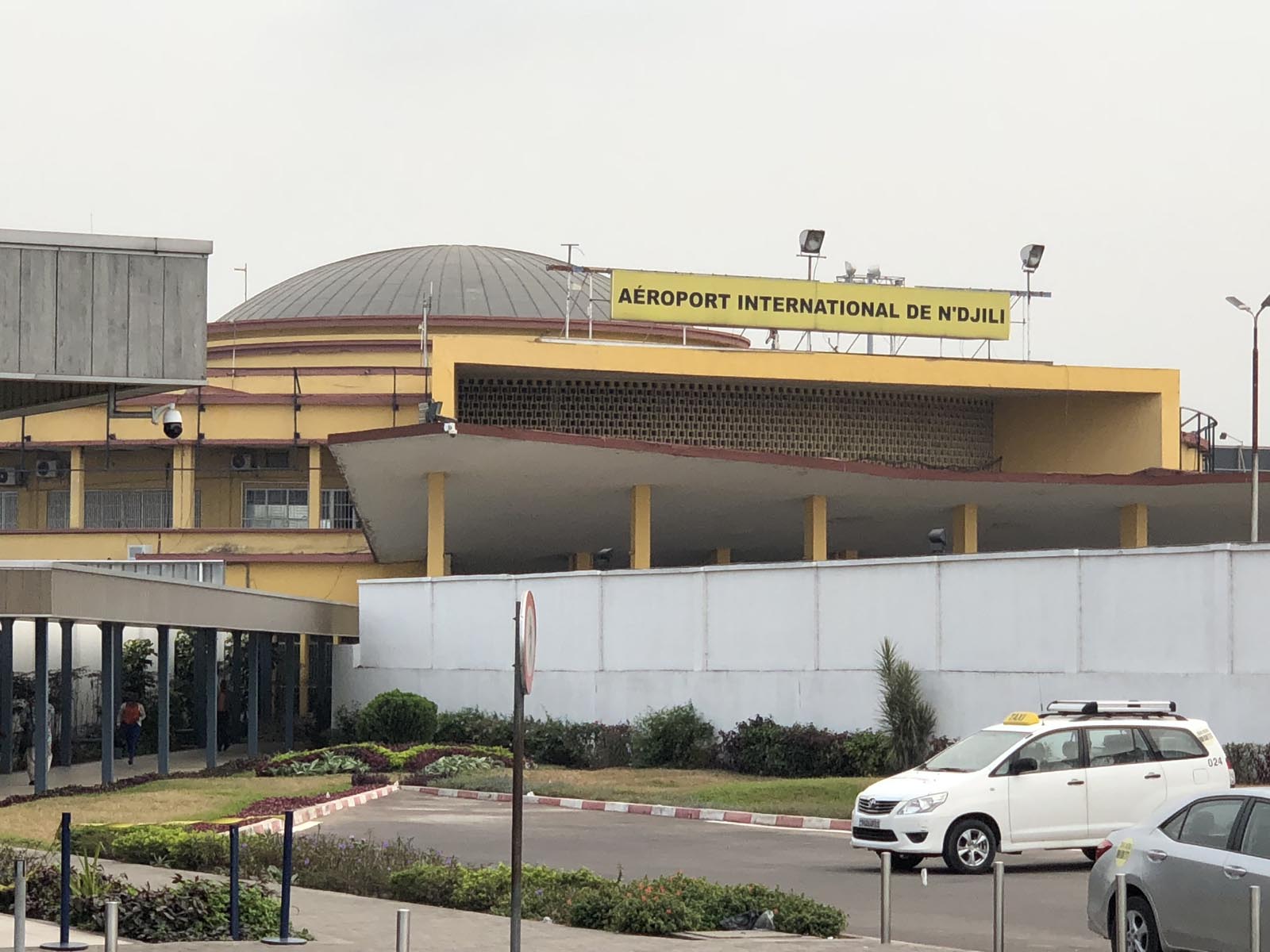
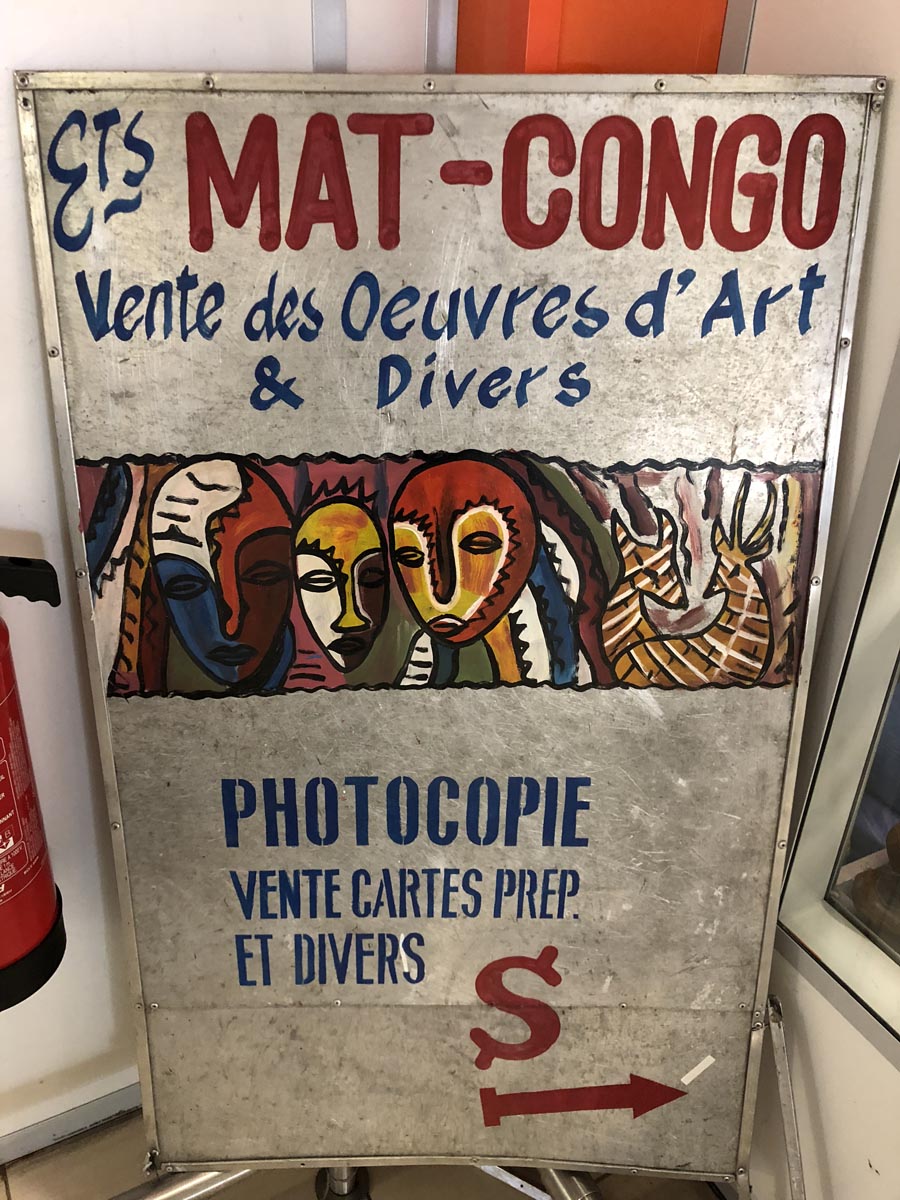
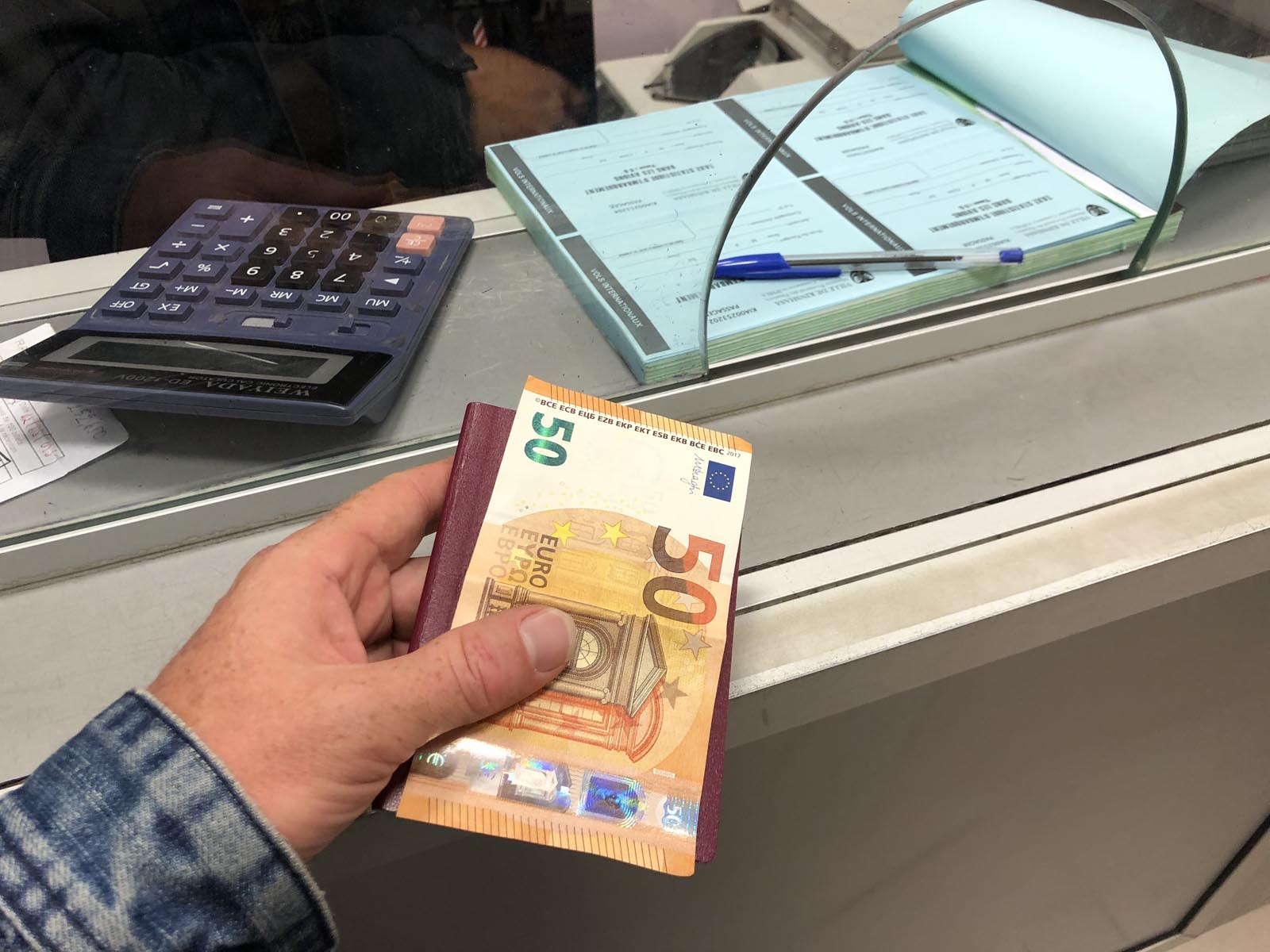
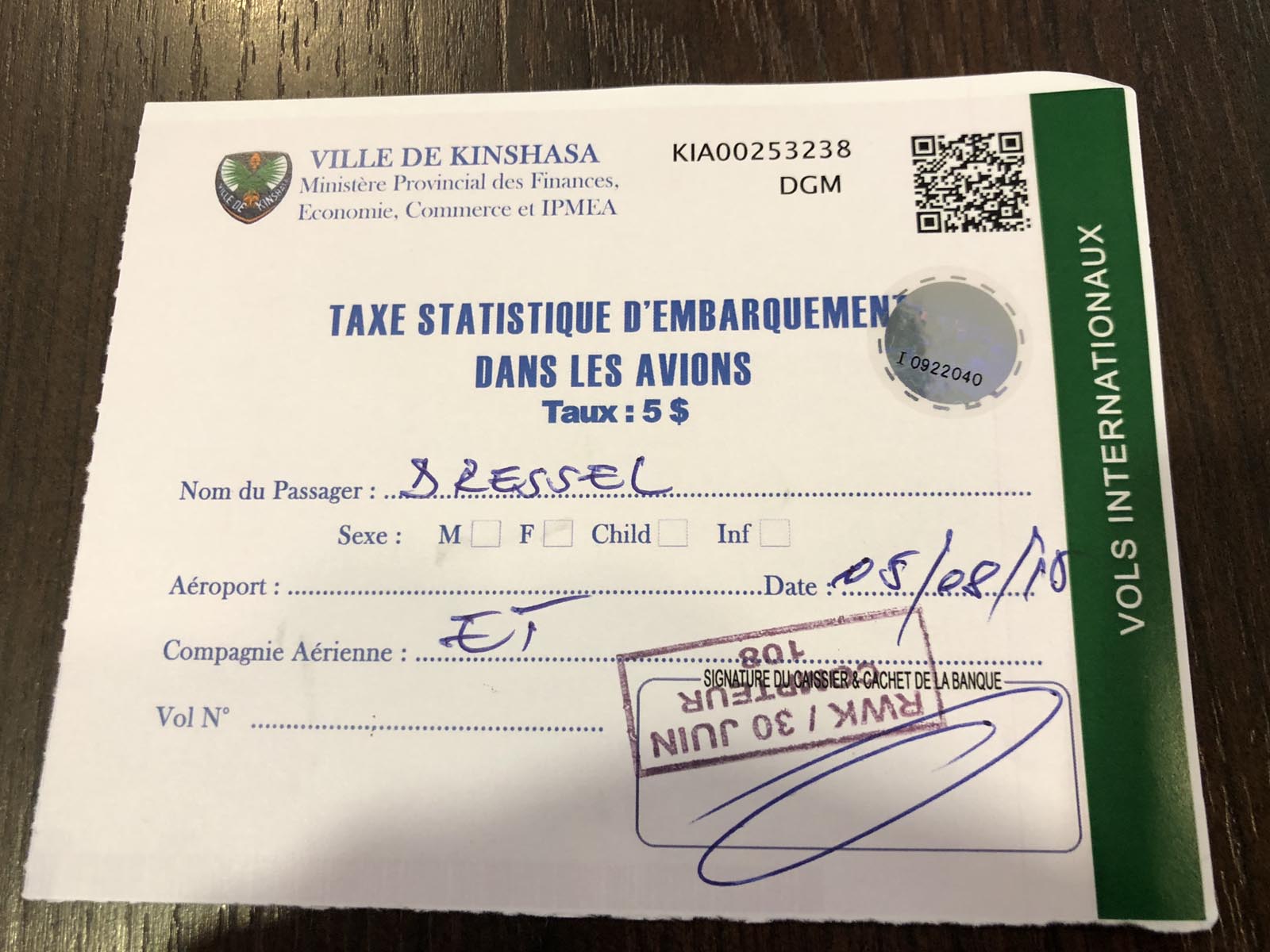
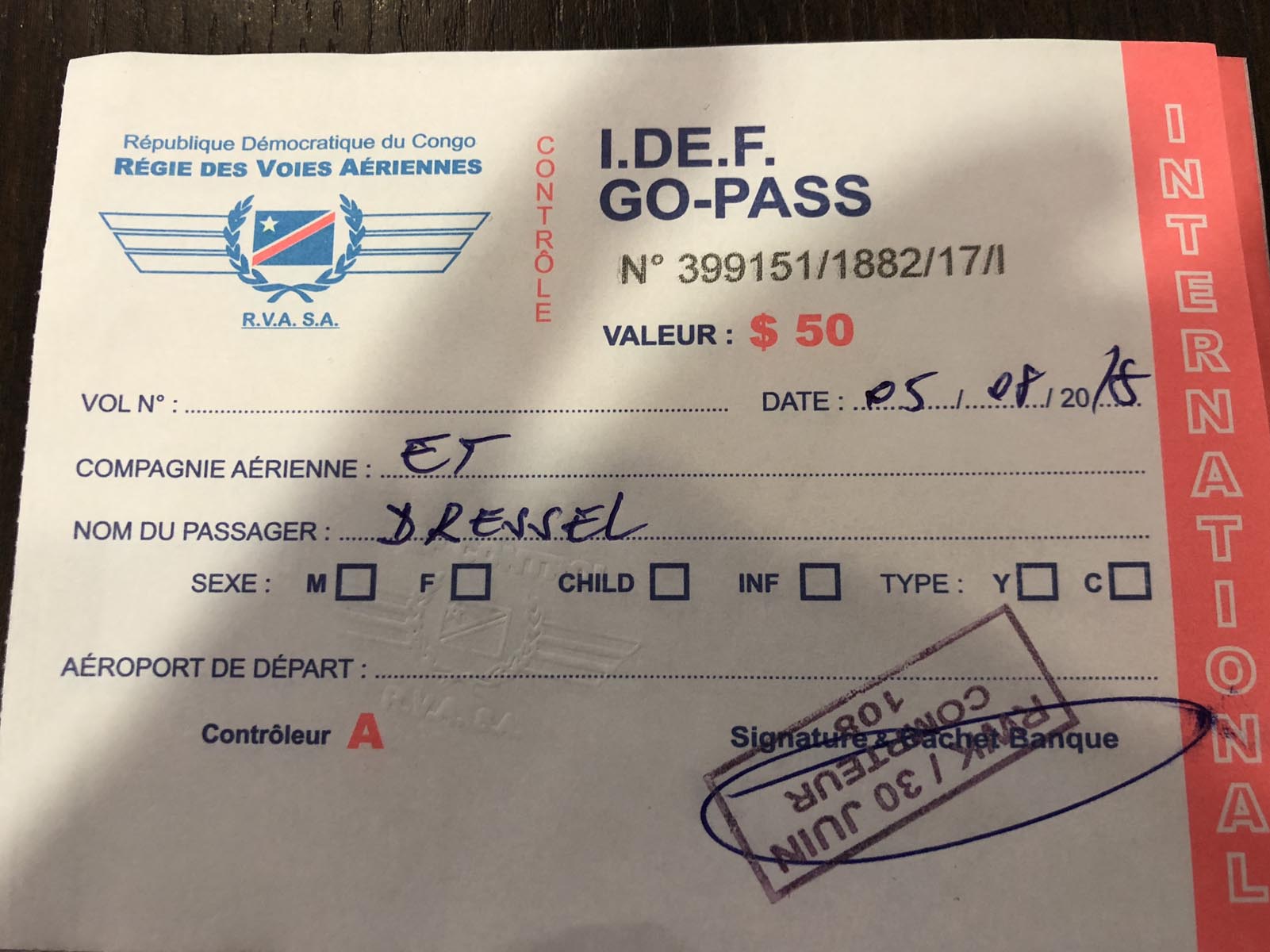
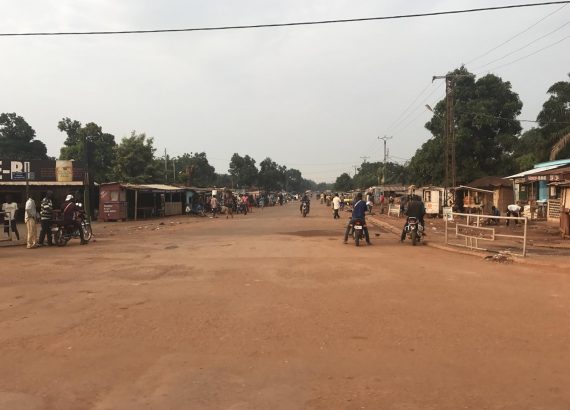
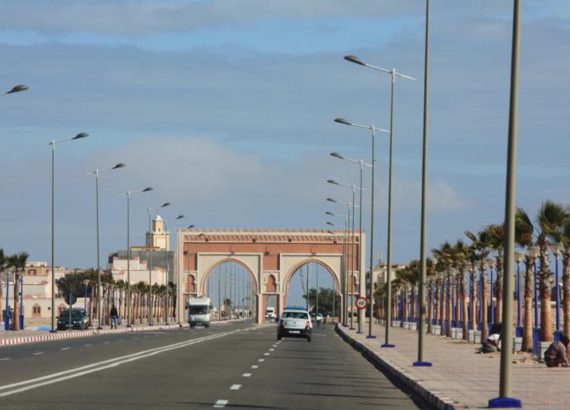
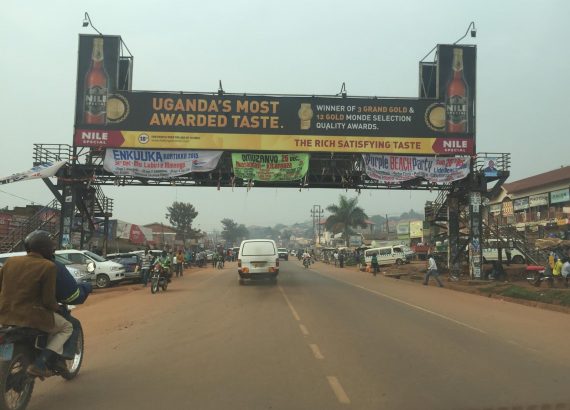
No Comments